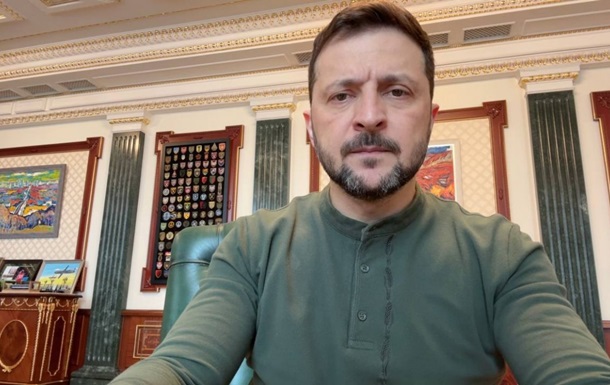Ukrainian President Volodymyr Zelensky has once again found himself at the forefront of international calls for action after the latest wave of Russian from the Black Sea. In a resolute video address on April 6, Zelensky emphasized that.Russia is not committed to de-escalation and continues to use its naval fleet to strike Ukrainian territory, ignoring prior discussions about a maritime ceasefire.
“Missiles were launched today from the Black Sea. Our partners know exactly which ships fired them and from which sector,” Zelensky stated. “Russia wants to keep the sea as a launchpad for destruction — attacking our cities, our ports, our people.”
His remarks come in the wake of an intensifying pattern of Russian strikes, including a complex combined missile attack launched overnight. Zelensky warned that the Kremlin’s actions clearly signal an unwillingness to honor verbal agreements made during recent negotiations involving delegations from Russia, the United States, and Ukraine in Saudi Arabia.
One key point of these talks was the concept of a mutual freeze on and a temporary ceasefire in the Black Sea. However, Russia has since demanded — a proposal rejected by Kyiv and not acknowledged by Washington.
Despite hopes for diplomatic progress, Moscow continues to employ high-precision long-range weapons, including naval and airborne systems, to target civilian infrastructure. This not only undermines diplomatic channels but also endangers countless lives, Zelensky stressed.
He called on Ukraine’s allies to urgently deliver additional air defense systems, particularly U.S.-made Patriot batteries, some of which, he claims, are currently idle in storage. “Patriot systems sitting unused must be deployed to save lives — not tomorrow, not next week, but now,” he asserted. He also requested licenses to produce Western missile defense systems on Ukrainian soil to increase self-sufficiency.
Zelensky’s message was not just one of urgency but of unwavering defiance. As the Ukrainian leader continues to rally international support, Russian public opinion remains sharply divided. According to data from the independent Levada Center, 79% of Russians still support the war as of March 2025, while 14% oppose it. However, views on a — reportedly pushed by former U.S. — are split: half of Russians support it, while 41% oppose.
The rift in Russian public sentiment offers a sliver of uncertainty, but Zelensky has little faith in half-measures or temporary deals. For him, only firm commitments, backed by action and defensive capability, can protect Ukraine’s sovereignty and its citizens.
“The Black Sea must not become a corridor of terror,” Zelensky concluded. “We need real protection — and we need it today.”

